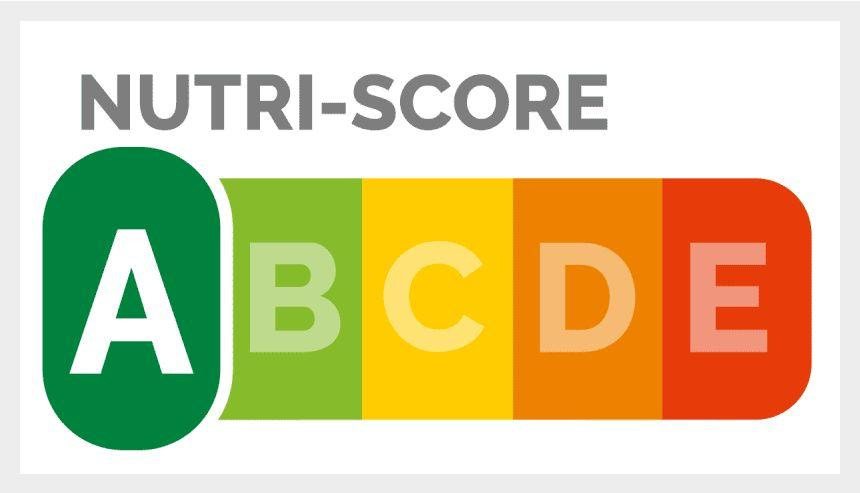Nutri-Score, the nutritional front-of-pack-labeling (FOPL) system, came under intense criticism during a roundtable event held at the European Parliament.
Politicians, food and nutrition experts and other stakeholders warned against the European Union-wide adoption of the FOPL. The European Commission is expected to announce a mandatory uniform FOPL by March 2023.
Nutri-Score remains the front-runner after both the European Food Safety Authority and the Joint Research Center found that FOPLs like Nutri-Score might influence consumers to make healthier choices.
See Also:Nutri-Score Algorithm Update Improves Olive Oil ScoresHowever, organizers of the roundtable said that “the hope is that the commission and parliament will avoid taking a paternalistic and ideological approach and rather work to improve consumer knowledge and freedom and, above all, take into consideration the cutting-edge scientific research in the field of nutrition.”
According to the nutrition scientists in attendance, the latest studies show the need to adopt a FOPL that recognizes the individual needs of each consumer and raises awareness about the nutritional qualities of the food.
Nutri-Score is a traffic-light-style FOPL that uses a combination of five coordinated colors and letters to rate how healthy a packaged food item is, based on its fat, sugar, salt and calorie content per 100-gram or milliliter serving. The “Green A” indicates the healthiest option, and “Red E” denotes the least healthy.

Michele Carruba, director of the obesity research center at the University of Milan, and Ramon Estruch, senior consultant at the internal medicine department of the Hospital Clínic de Barcelona, emphasized the relevance of considering the physiological characteristics and the preferences of each person.
Other participants, such as Horst Heitz from Taxpayers of Europe and Véronique Willems from SMEunited, a business association, said any FOPL needs to take individual food cultures into account and should not be a barrier to free trade among E.U. member states.
“What must urgently be avoided are approaches that force small producers to abandon their entrepreneurial and cultural traditions in favor of a process of alimentary amalgamation that benefits the big multinationals,” they said.
Pietro Paganini, economic analyst and chair at Competere, the policy institute that organized the roundtable, said food labels “summarize core principles for the European Union, such as knowledge, education and freedom.”
“Education is the core of a healthy and balanced diet,” he added. “That is what allows any individual to make conscious choices. The matter is not only what we eat but also how much, when and where, as diseases such as obesity are linked more to our habits and way of life than to eating specific foods.”
Instead, Paganini said science is moving in the direction of personalized diets, arguing that everybody processes foods differently and, therefore, one set of recommendations is not the best approach to nutrition.
Herbert Dorfmann, president of the European parliamentary association, said, “it is not easy to define what is healthy and what is not… To function, labels must be simple.”
However, he added that Nutri-Score is too simple, implying that its purpose of comparing foods of the same category is not intuitive and could therefore impede consumer understanding of how they should eat.
See Also:Hundreds of Scientists Support Adoption of Nutri-Score Labeling SystemDespite his concerns, Dorfmann acknowledged that a pan-European FOPL would likely cause some food producers to change the ingredients of processed foods to make them healthier.
“Still, such a label has no meaning when simple products such as tomatoes or potatoes or when European-certified food specialties are considered,” he said.
Georgios Krytsos, a member of the parliament’s economic and monetary affairs committee, said, “Nutri-Score is concerning, as its deployment can create confusion among consumers.”
He warned that food producers might try to manipulate the system by swapping ingredients such as sugar for artificial sweeteners, which would improve the rating without making the product healthier.
Krystos added that any FOPL should be mindful of traditional diets, which he argued create a culture of healthy eating instead of a prescription of what to eat and what not to eat.
The Greek MEP said basing Nutri-Score ratings on 100 milligram or milliliter serving sizes opens the door to further confusion, as many food items are consumed in far larger or smaller quantities normally.
Closing the event, Jordi Cañas, a member of the international trade and the employment and social affairs committees, said, “our ultimate goal is to promote health through education and gathering sufficient information.”
“For that to be useful, information needs to be accessible,” he concluded. “That means that labeling must guarantee an informed decision. Otherwise, it will not be used.”








